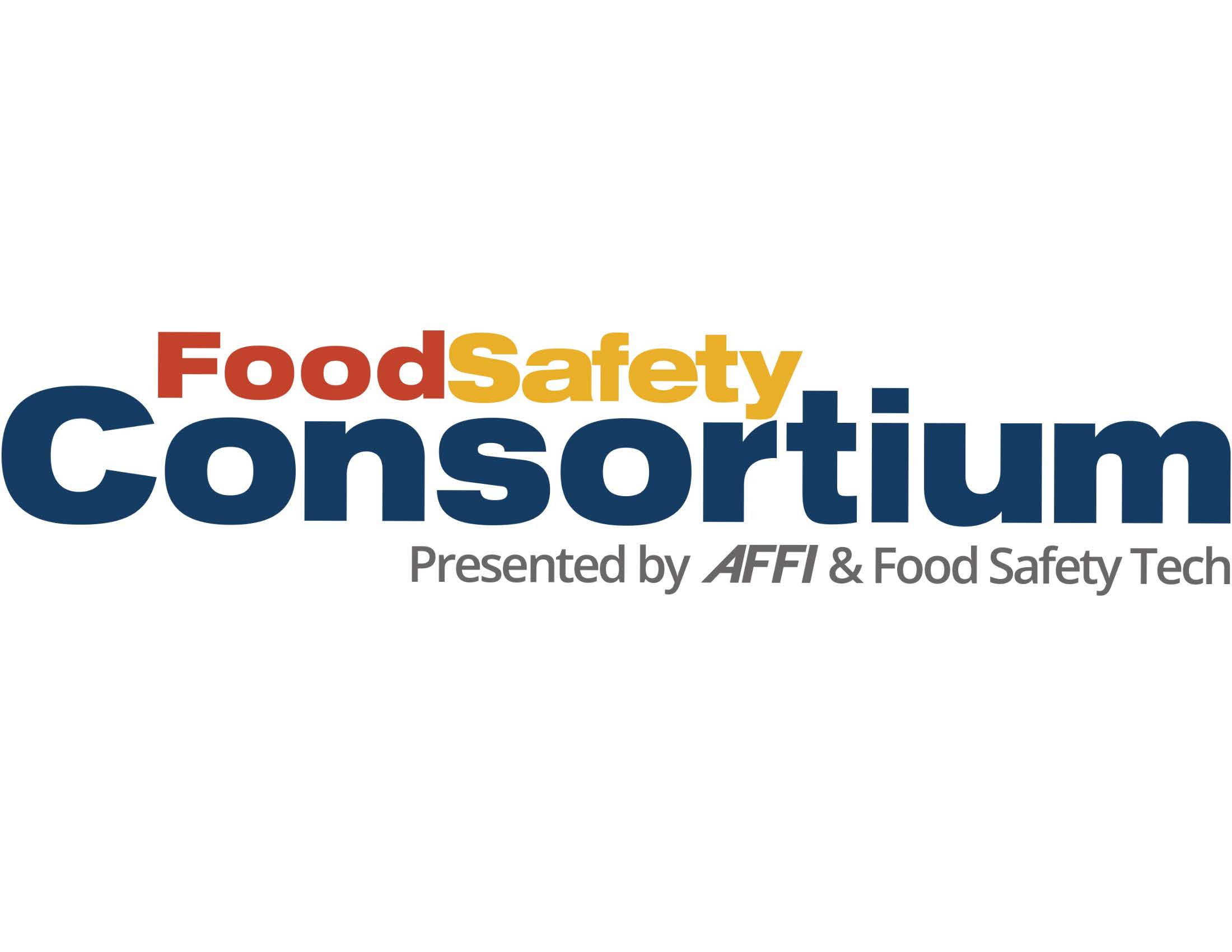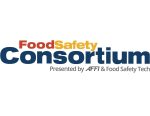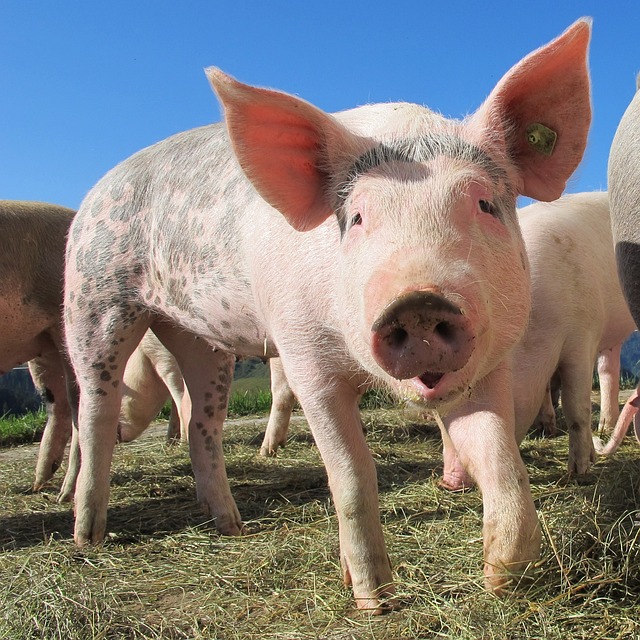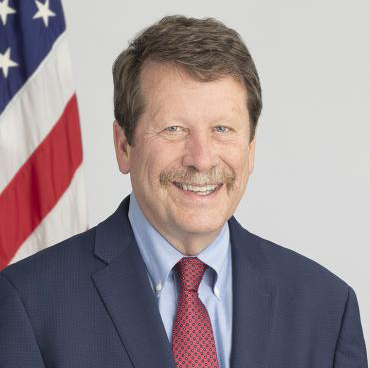On April 26, USDA Food Safety and Inspection Service (FSIS) officially declared Salmonella an adulterant in raw breaded stuffed chicken products when they exceed a 1 colony forming unit (CFU) per gram or higher for Salmonella contamination.
The USDA FSIS announced its intent to declare Salmonella an adulterant in raw breaded stuffed chicken back in August 2022. This final determination is part of FSIS’ broader efforts to reduce Salmonella illnesses associated with the raw poultry supply in the United States. The agency noted that it intends to address Salmonella contamination in other raw poultry products later this year.
“Under President Biden’s leadership, USDA is taking significant steps toward keeping American consumers safe from foodborne illness,” said Agriculture Secretary Tom Vilsack. “This final determination marks the first time that Salmonella is being declared an adulterant in a class of raw poultry products. This policy change is important because it will allow us to stop the sale of these products when we find levels of Salmonella contamination that could make people sick.”
Under this final determination, FSIS will consider any raw breaded stuffed chicken products that include a chicken component that tested positive for Salmonella at 1 CFU per gram or higher to be adulterated. It will carry out verification procedures, including sampling and testing of the raw incoming chicken component of these products prior to stuffing and breading, to ensure producing establishments control Salmonella in these products. If the chicken component in these products does not meet this standard, the product lot represented by the sampled component would not be permitted to be used to produce the final raw breaded stuffed chicken products. The determination, including FSIS’ sampling and verification testing, will be effective 12 months after its publication in the Federal Register.
In determining that Salmonella is an adulterant in raw breaded stuffed chicken products, FSIS considered the best available science and data using similar criteria as in its 1994, 1999, and 2011 E. coli policymaking. When FSIS declared seven Shiga toxin-producing Escherichia coli (STEC) strains to be adulterants in select raw beef products, it relied on several factors, including the available information on serotypes linked to human illnesses, infectious dose, severity of illnesses and typical consumer preparation practices associated with a product. The breaded stuffed chicken products determination relied on the same factors.
FSIS and its public health partners have investigated 14 Salmonella outbreaks and approximately 200 illnesses associated with these products since 1998. The most recent outbreak was in 2021 and resulted in illnesses across 11 states. These products account for less than 0.15% of the total domestic chicken supply, but outbreaks linked to these products represented approximately 5% of all chicken-associated outbreaks in the U.S. during 1998-2020.
Raw breaded stuffed chicken products are pre-browned and may appear cooked, but the chicken is raw. The products are typically cooked by consumers from a frozen state, which increases the risk of the product not reaching the internal temperature needed to destroy Salmonella. Despite FSIS’ and industry’s efforts to improve labeling, these products continue to be associated with Salmonella illness outbreaks, said the USDA.
To view the final determination, visit the FSIS Federal Register Rules webpage.




















